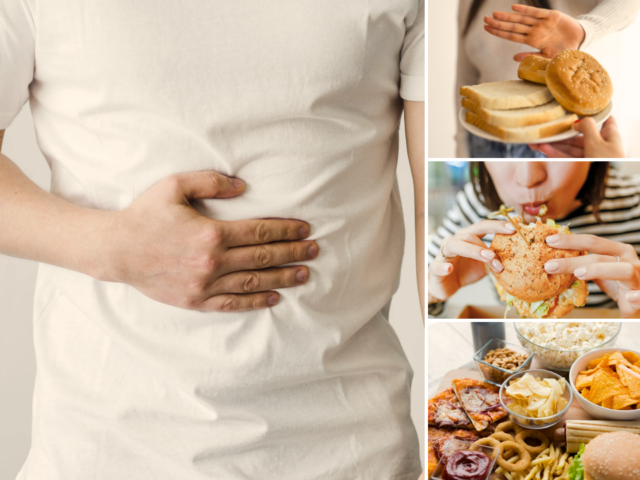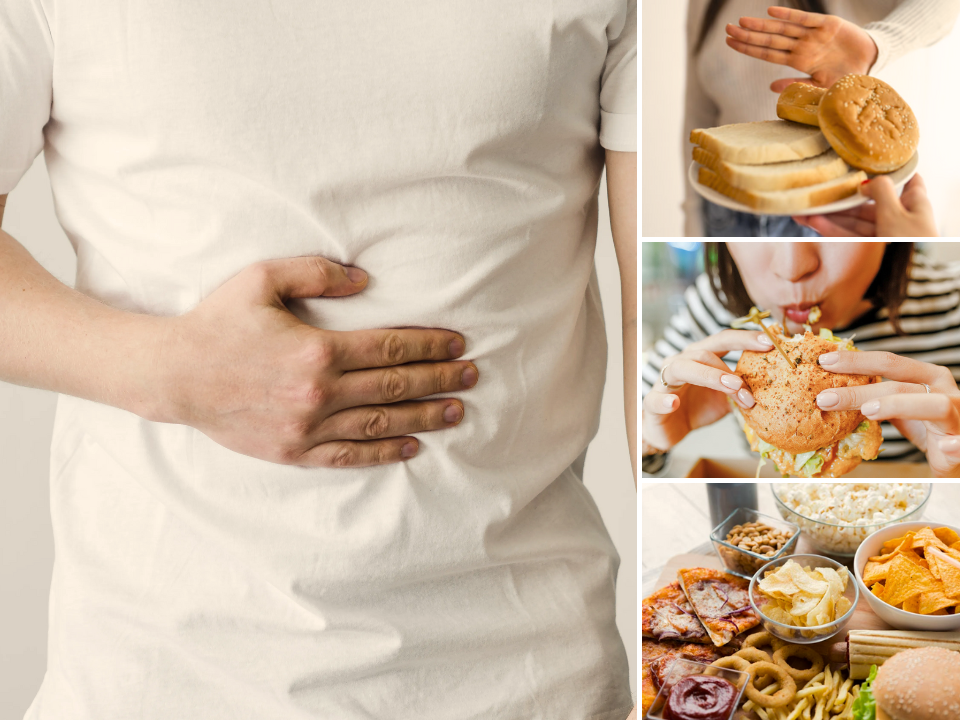
Imagine that you have just enjoyed a scrumptious meal, and suddenly, your belly starts to resemble a balloon that’s about to take flight. Post-meal bloating is an all-too-familiar sensation for many, leaving us uncomfortable and wondering why it occurs. Understanding the causes of a bloated stomach is the first step toward finding relief and enjoying your meals without any worries.
Discover 5 Common Causes Of Bloated Stomach
Let’s scroll down to unravel the mysteries of post-meal bloating and explore 5 common reasons behind this phenomenon.
1. Excessive Food Consumption

Image via The Today Show
One of the most obvious culprits behind a bloated stomach is excessive food consumption. When you consume more food than your stomach can comfortably handle, it stretches and distends. This leads to discomfort, gas build-up, and that bloated feeling. People have to eat their food slowly and pay attention to their body’s signals of fullness to avoid a bloated stomach.
2. Hasty Ingestion
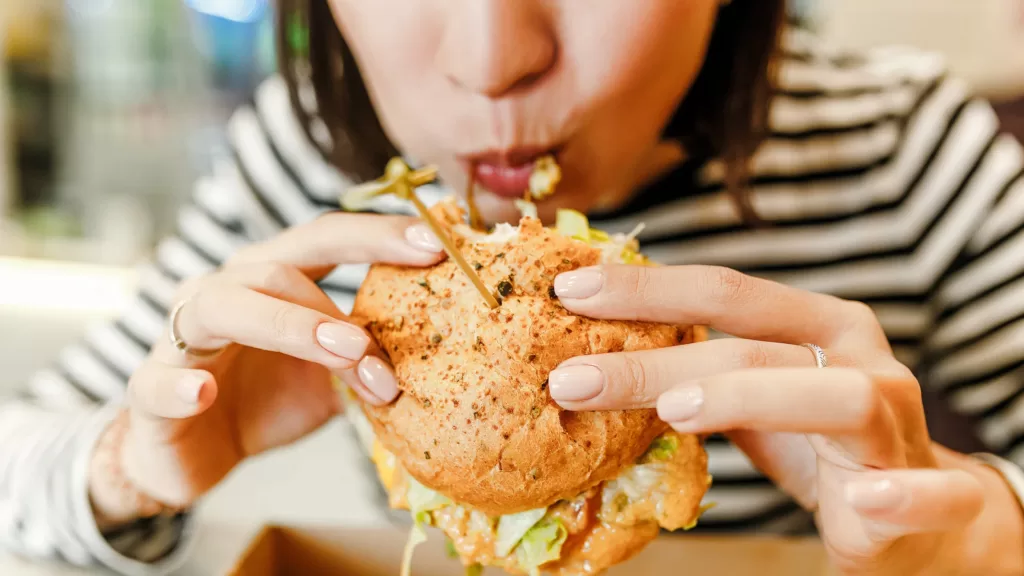
Image via Clean Eating Magazine
A bloated stomach is also often linked to how quickly you consume your meals. It can lead to post-meal bloating, as it encourages air to enter your digestive system alongside your food. This happens when you eat too quickly, chew gum, drink carbonated beverages, or talk while eating.
The air you swallow becomes trapped in your digestive system, causing gassiness and discomfort. To overcome this, try to slow down while eating, avoid carbonated drinks, and limit gum chewing.
3. Food Intolerances
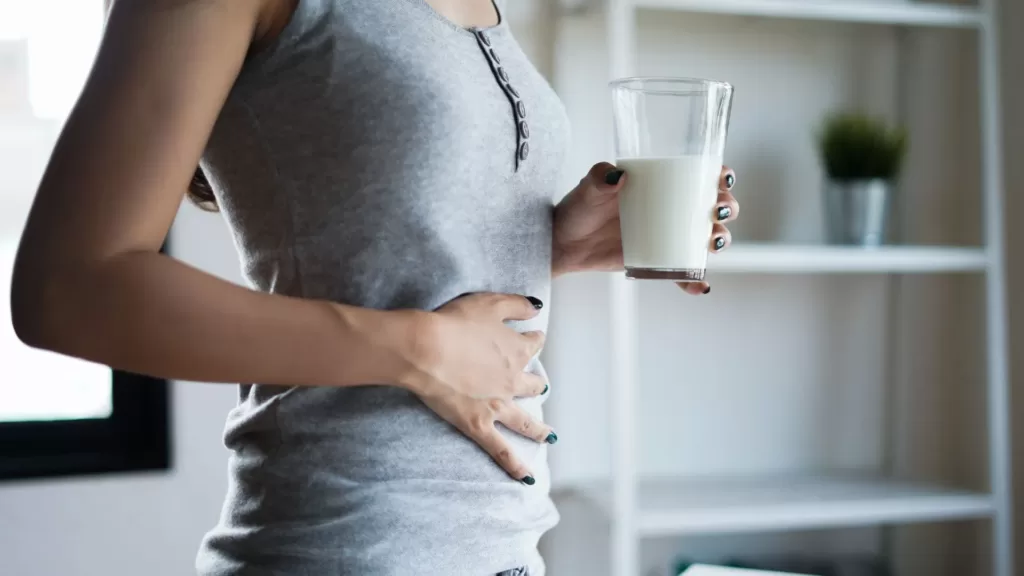
Image via Aesthetic Medical Practitioner
Food intolerances, such as lactose or gluten intolerance, can trigger a bloated stomach. When your body has difficulty digesting certain foods, it can result in gas production, stomach pain, and bloating. Identifying and eliminating trigger foods from your diet can help ease these symptoms. Consider going and seeking a doctor for accurate diagnosis and guidance.
4. Poor Food Combination
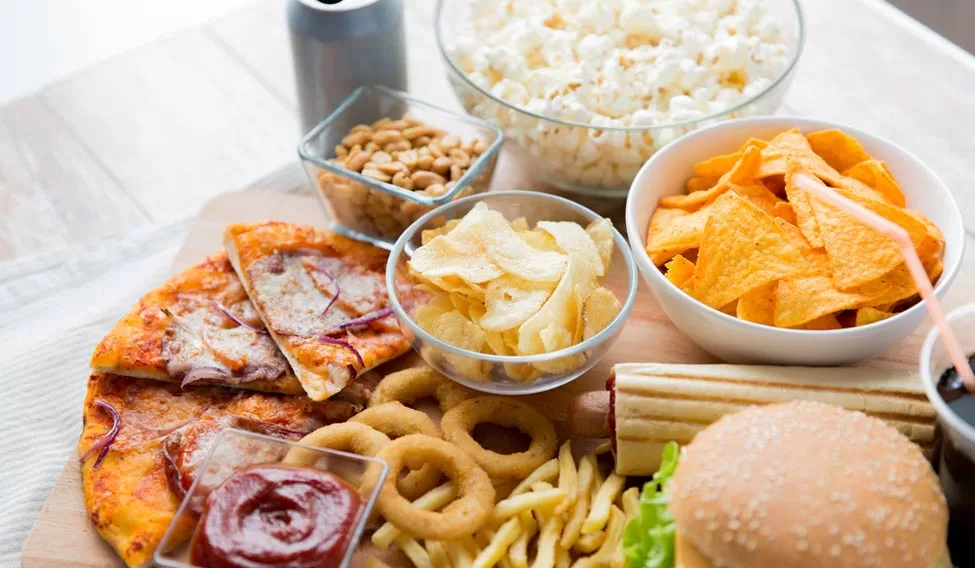
Image via The Week
However, the way you combine foods in a meal can also affect your digestion. Mixing foods with varying digestion times can lead to inefficient processing, causing bloating. For example, consuming proteins and starches together can slow down the digestive process, leading to fermentation and gas production. Try to eat simpler combinations and allow your body to digest efficiently.
5. Dehydration

Image via Rehair Lab
Surprisingly, dehydration is also one of the causes of a bloated stomach. When your body is not fully hydrated, it retains water, leading to a puffy and uncomfortable feeling after meals. Remember, dehydration can cause heat stroke too. So, make a habit of drinking enough water throughout the day to maintain proper hydration levels and prevent bloating.
To sum up, a bloated stomach can be a troublesome experience, but understanding its causes is the first step in overcoming this issue. Whether it is a matter of portion control or staying hydrated, you have the power to reduce the frequency of post-meal bloating. By taking care of your digestive health, you can savor your meals without feeling like a balloon about to burst.




